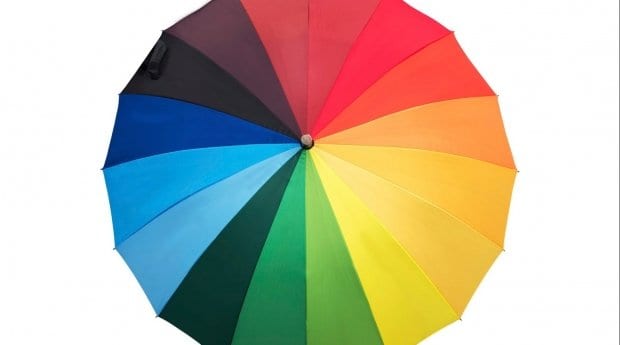Every activist at some point joins a group, or gets it into their head to start one. It makes sense: strength in numbers, power in unity, all for one and one for all. But groups have an unfortunate tendency to morph into cliques that only look after their own interests. Which is fine — until you find yourself on the outside, looking into a group which has reached critical mass and taken up so much space, so many resources and people as members that they’ve effectively erased other opportunities.
As a sad, young, queer loner, I had another word for these kinds of groups: bullies. Just because there’s strength in numbers does not mean the majority is always right — but it does mean that you have to agree with them if you want to be part of the majority.
Not all groups are inherently bad. Tightly focused activist groups that work together to achieve specific goals often accomplish major advances. Social and support groups coming together around particular identities and experiences have helped many people, myself included. Small, voluntary groups have saved lives . . . but you’re not required to join or support a particular group, if you don’t agree with them. Right? Well, step under my umbrella for a minute.
Beware of dealing with any organization that claims to represent an entire community or a wide-spectrum of identities — the so-called umbrella organizations. Chances are it’s only claiming to represent “everyone” in order to advance the agenda of a smaller group: the organizers themselves.
Consider the debate on the transgender human rights bill, C-279. While most trans people support human rights protections, there are some who oppose the hate crime provisions of C-279 because of a principled stance against how the criminal justice system is used against marginalized people. Many who hold that stance are marginalized persons themselves. When groups make sweeping statements claiming the bill is supported by, or will help, all trans people, that’s not true: it unfairly appropriates representation of an entire community to advance the agenda of some, while often erasing the positions of the marginalized.
Don’t do that. Taking up space “representing” an entire community harms the most marginalized people in that community, especially when politicians or grants come along looking for “the” trans organization to help.
Umbrella groups appropriating a community identity leads to a systematic phenomenon of exclusion that can take many forms.
It’s a poor person asking a democratic “trans” group whether they’ll give her transit tokens so she can afford to come vote, and being told that the people who came to the last meeting had a vote and decided against it. That’s not a group for trans people: it’s a group for trans people who aren’t poor.
It’s a black person in a mostly white “gay” group noticing unfair treatment and asking the organizers to take some time implementing anti-racist principles . . . and being denied, “because the group’s focus is sexual orientation, not race.” Well then, that’s not a group for gay people: it’s a group for gay people who are white.
Not all racism comes dressed in a white hood. Just not caring about race is racist enough. If you think that it’s good enough to be “colour blind,” what you’re not realizing is that colour blindness is an affliction, one that is preventing you from seeing the barriers that hold back people who don’t share the same privilege as you. Ignoring race isn’t a strategy to end racism — it’s a privileged tool to make life easier for privileged tools. Just as ignoring poverty and disability doesn’t make them go away either, it only makes things worse.
You cannot have a representative community organization without specifically addressing the needs of the most marginalized. To truly represent a community, you must learn to act not as an umbrella, but as a safety net.

 Why you can trust Xtra
Why you can trust Xtra


